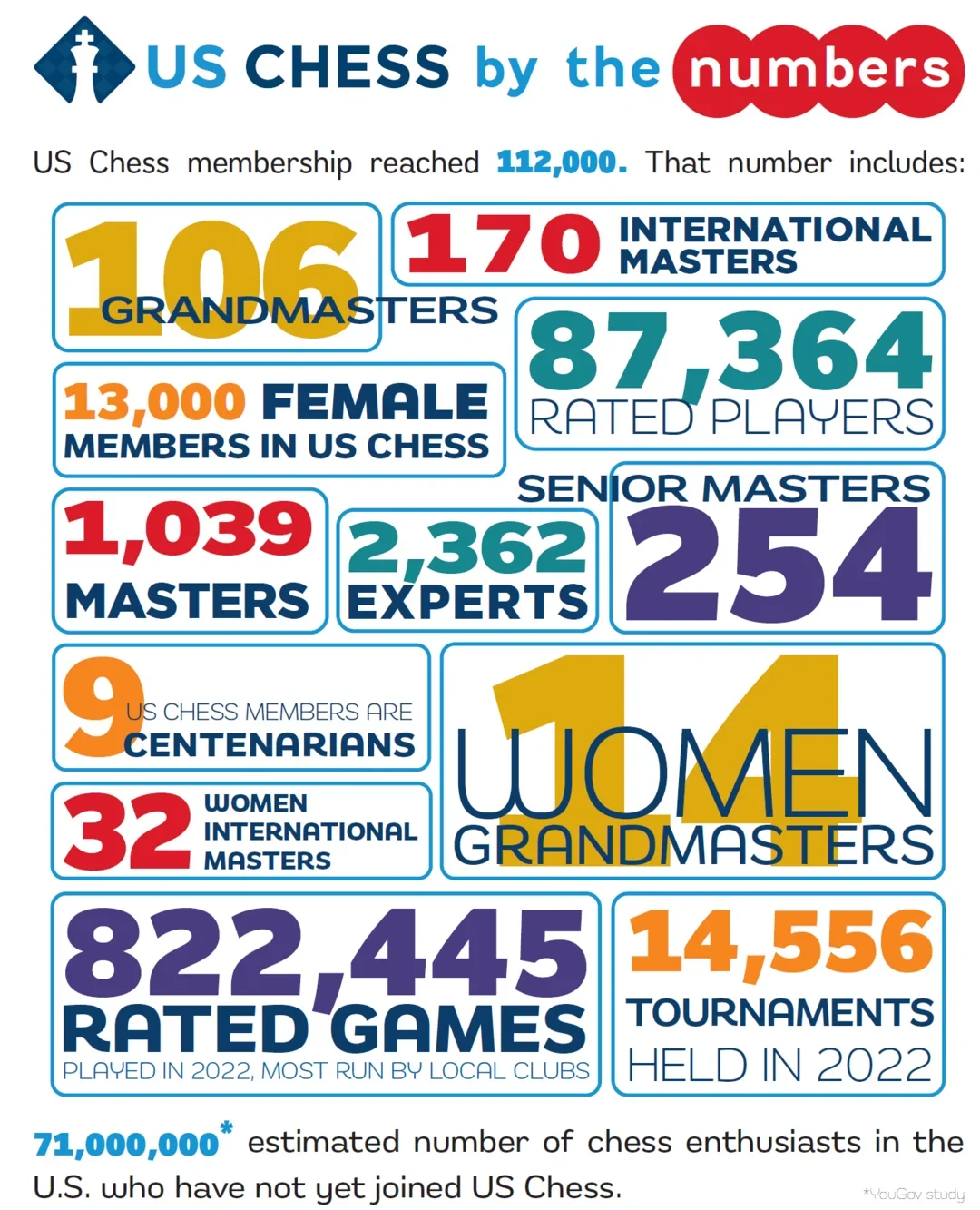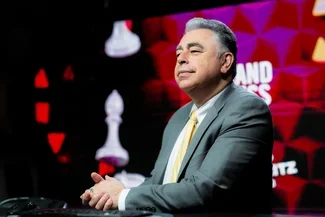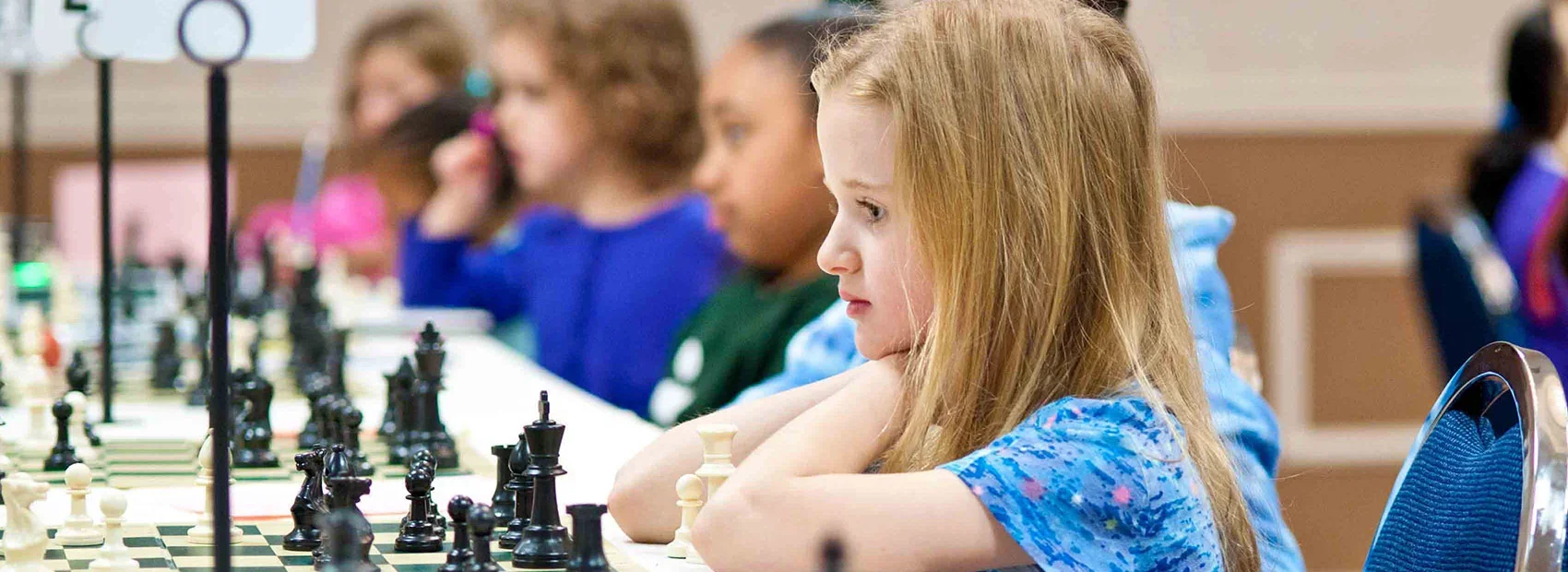The US Chess Federation (US Chess) is the official governing body and nonprofit 501(c)(3) organization for chess players and chess supporters in the United States. Our mission is to empower people, enrich lives, and enhance communities through chess. Our vision is that chess is recognized as an essential tool that is inclusive, benefits education and rehabilitation, and promotes recreation and friendly competition.
US Chess represents the United States in the World Chess Federation (FIDE), connecting our members to chess players around the world. Founded in 1939 with the merger of the American Chess Federation and the National Chess Federation, US Chess has grown to serve over 110,000 members and 1,300 affiliated chess clubs and organizations today.
Every year, US Chess sanctions and rates over 10,000 tournaments and over half a million games. We host over 25 National Championships and award titles to both amateurs and professionals, ranging from elementary school students to senior citizens.





